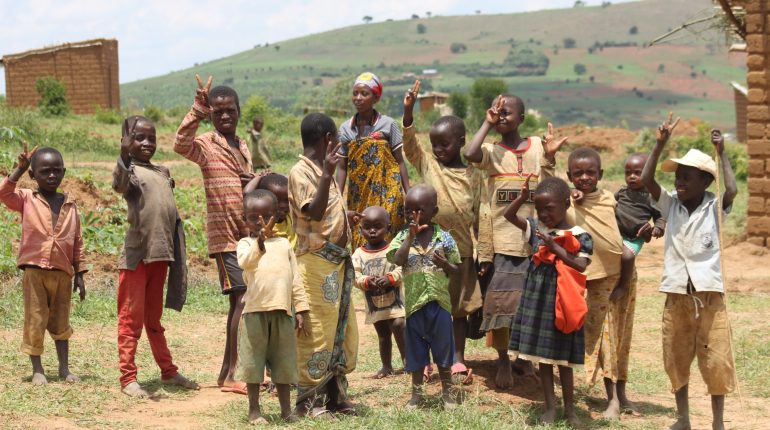
Refugee camps are temporary settlements that provide shelter, food, and basic services to refugees fleeing conflict, persecution, and natural disasters. These camps often host vulnerable populations, including women, young girls, and children. As such, it is critical to provide support to these individuals to ensure they have the necessary resources to survive and thrive.
One of the most pressing issues facing refugees in camps is gender-based violence, which disproportionately affects women and young girls. These individuals are often at greater risk of sexual assault, exploitation, and forced marriage, which can have long-term physical and psychological effects. By providing support to these populations, we can help to reduce the risk of gender-based violence and provide survivors with the resources they need to heal and recover.
In addition to addressing gender-based violence, supporting refugees in camps can also help to ensure that children receive an education. Many children living in refugee camps are unable to attend school due to lack of resources or safety concerns. This can have a profound impact on their future prospects and well-being. By supporting organizations that provide education and other services to children in refugee camps, we can help to break the cycle of poverty and give these children a chance to succeed.
Finally, supporting refugees in camps can also help to promote social cohesion and community resilience. By providing resources and support to refugees, we can help to create a sense of community and belonging, which can be critical for their overall well-being. This can also help to build resilience in the face of future crises and support the long-term stability of refugee camps.
Overall, supporting refugees in camps, especially women, young girls, and children, is crucial for their safety, well-being, and future prospects. By supporting organizations like the Misericordia Foundation that provide essential services and resources to refugees, we can help to make a positive impact in the lives of these vulnerable populations.